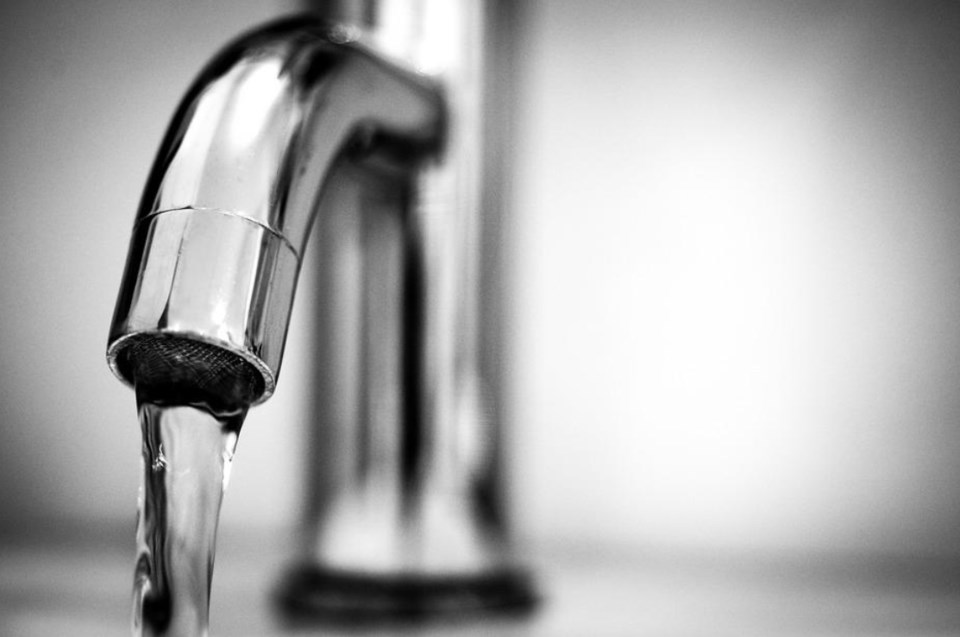Yes, it’s good enough to drink.
A City of Delta annual staff report on drinking water quality for 2021 concludes that, based on the testing results from this year's program, Delta's drinking water met the provincial requirements as outlined in the BC Drinking Water Protection Regulation.
The report notes staff conducted approximately 1,264 water sample tests from Delta’s drinking water distribution system, which were obtained from 34 sampling stations distributed throughout the city. Samples were tested on-site for temperature, turbidity and chlorine residual, while an additional sample was sent to Metro Vancouver's laboratory where it was tested for turbidity, chlorine residual, heterotrophic plate counts, total coliform bacteria, and E.coli.
In addition, tests for metals, vinyl chloride and disinfection by-products were conducted at a number of distribution system sampling sites of the regional district’s water supply.
Detailed physical and chemical analyses were also performed on Delta’s own artesian well water sourced from North Delta’s Watershed Park, which is another source of drinking water that’s part of the city’s system.
Of the samples taken, none tested positive for E.coli or total coliforms.
The report also notes that in spring 2021, Metro Vancouver increased the target pH range and alkalinity of calcium carbonate as part of the regional district’s Corrosion Control Program.
The program is intended to increase the alkalinity and pH of water to protect copper pipes and hot water tanks.
The changes do not impact the taste or smell of water and are in compliance with the Guidelines for Canadian Drinking Water Quality, the report adds.
Delta’s water system services an area of approximately 18,100 hectares including North Delta, Tsawwassen, Ladner, Tilbury, Annacis Island, Deltaport, Boundary Bay Airport and the BC Ferry Terminal.



